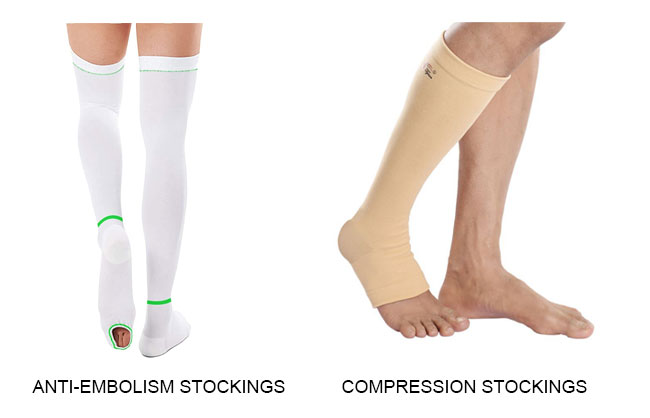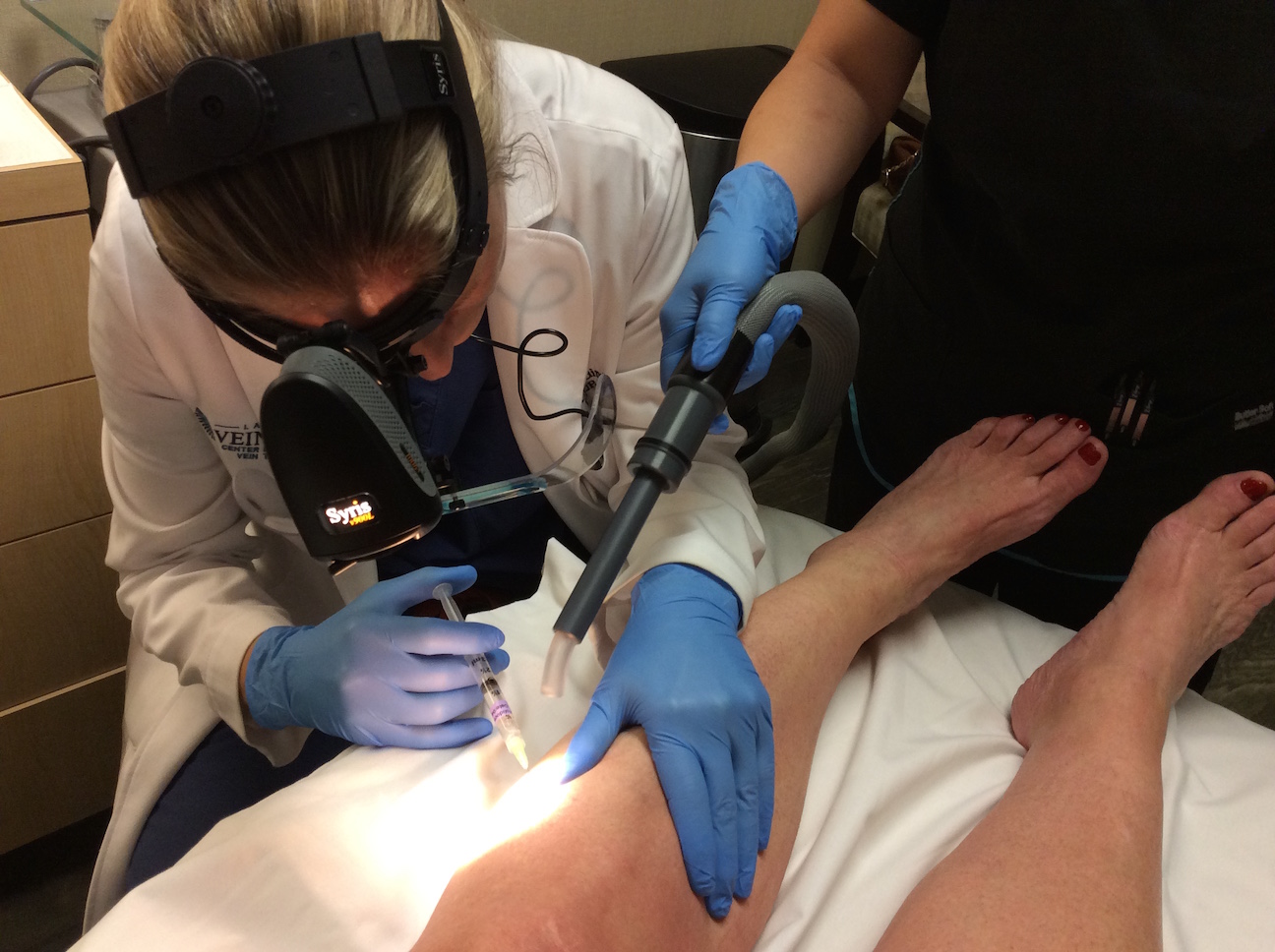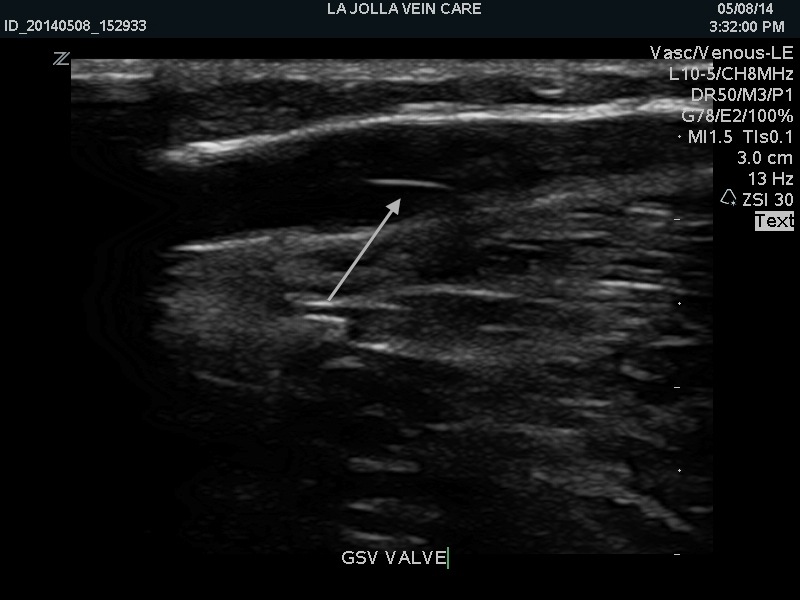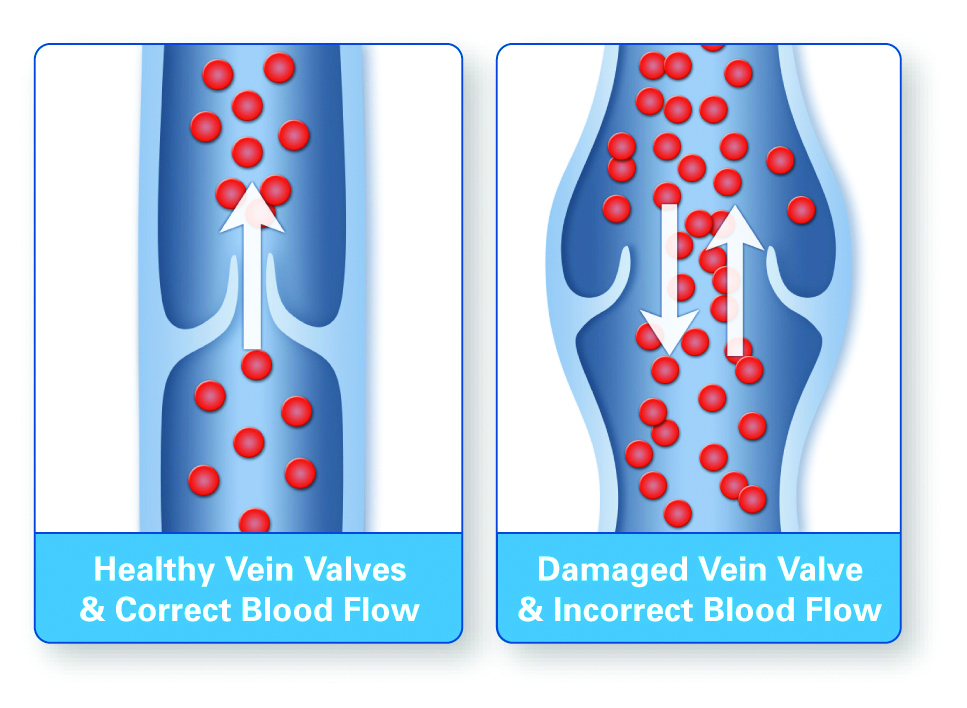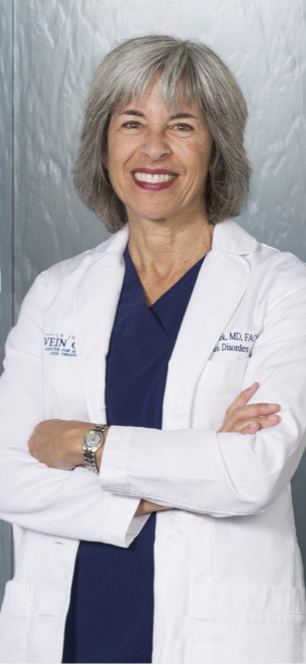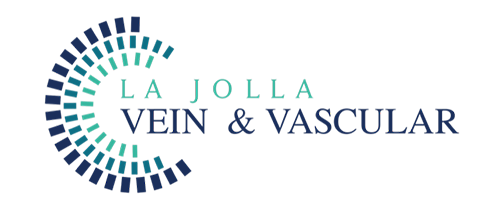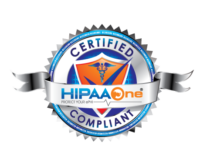Choosing Between Anti-Embolism & Compression Stockings
Web@ljvascular.com2021-11-13T12:56:13-08:00Choosing Between Anti-Embolism & Compression Stockings
Anti-embolism stockings, also known as TED hoses, are designed specifically for non-mobile patients or those confined to a bed. These are the white stockings used for hospital patients. They are low-cost temporary solutions commonly used for patients in nursing homes and post-surgery to prevent deep vein thrombosis (DVT).
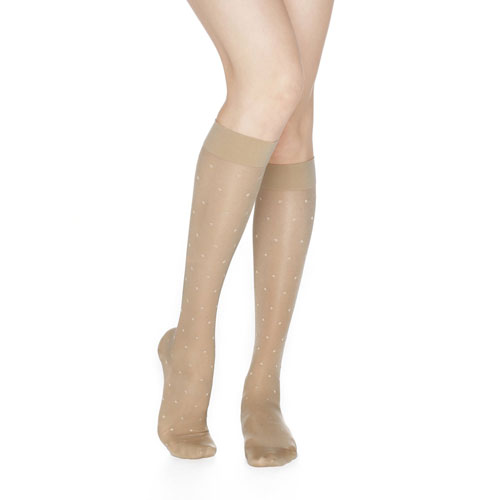
Graduated compression therapy provides external support to the vein walls and works in conjunction with the calf muscle pump. Compression stockings improve circulation while helping to minimize and control leg and ankle swelling.
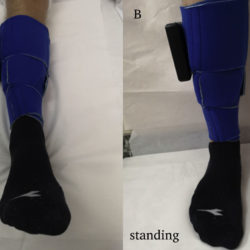
However, for ambulatory (walking patients who are not bed-bound), TED hoses do not offer sufficient support to counter the effects of gravity. They have not graduated compression and only offer about 8-18mmhg compression. TED hose does not help the symptoms of venous disease and varicose veins. TED hose cannot be used for vein treatment and should not be used for daily support in walking patients.
In comparison, graduated compression stockings are medically therapeutic and designed for people who are mobile. Graduated compression means that they are tightest around the ankle and gradually ease as they go up. These can help reduce the risk of DVT in patients who travel by plane or car and reduce symptoms such as leg swelling (edema), aching, heaviness, fatigue, pain from varicose veins, and useful for pregnant women to reduce pain from varicose veins.

